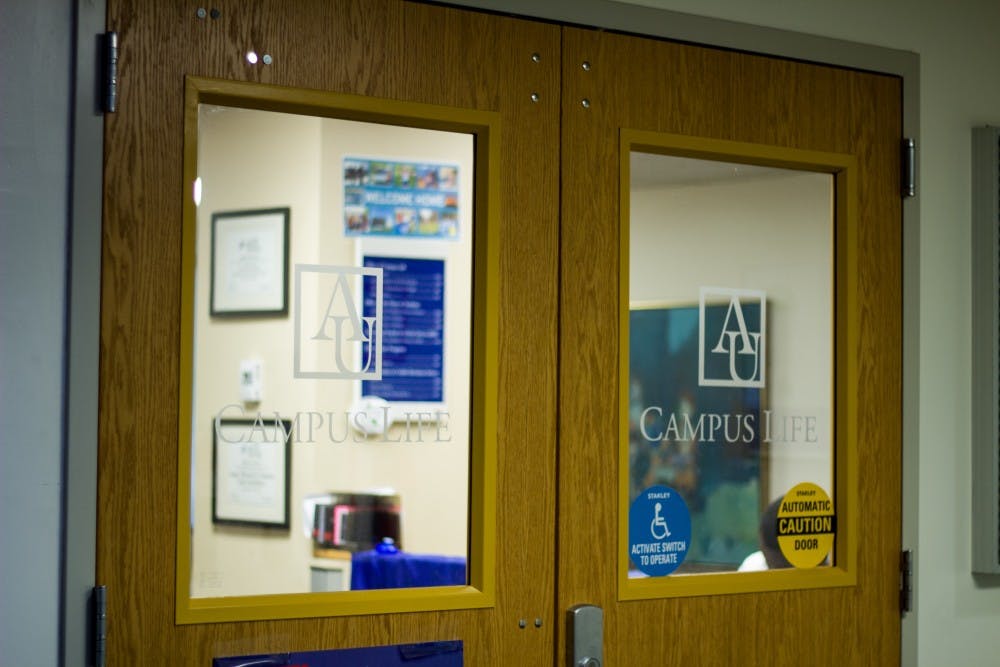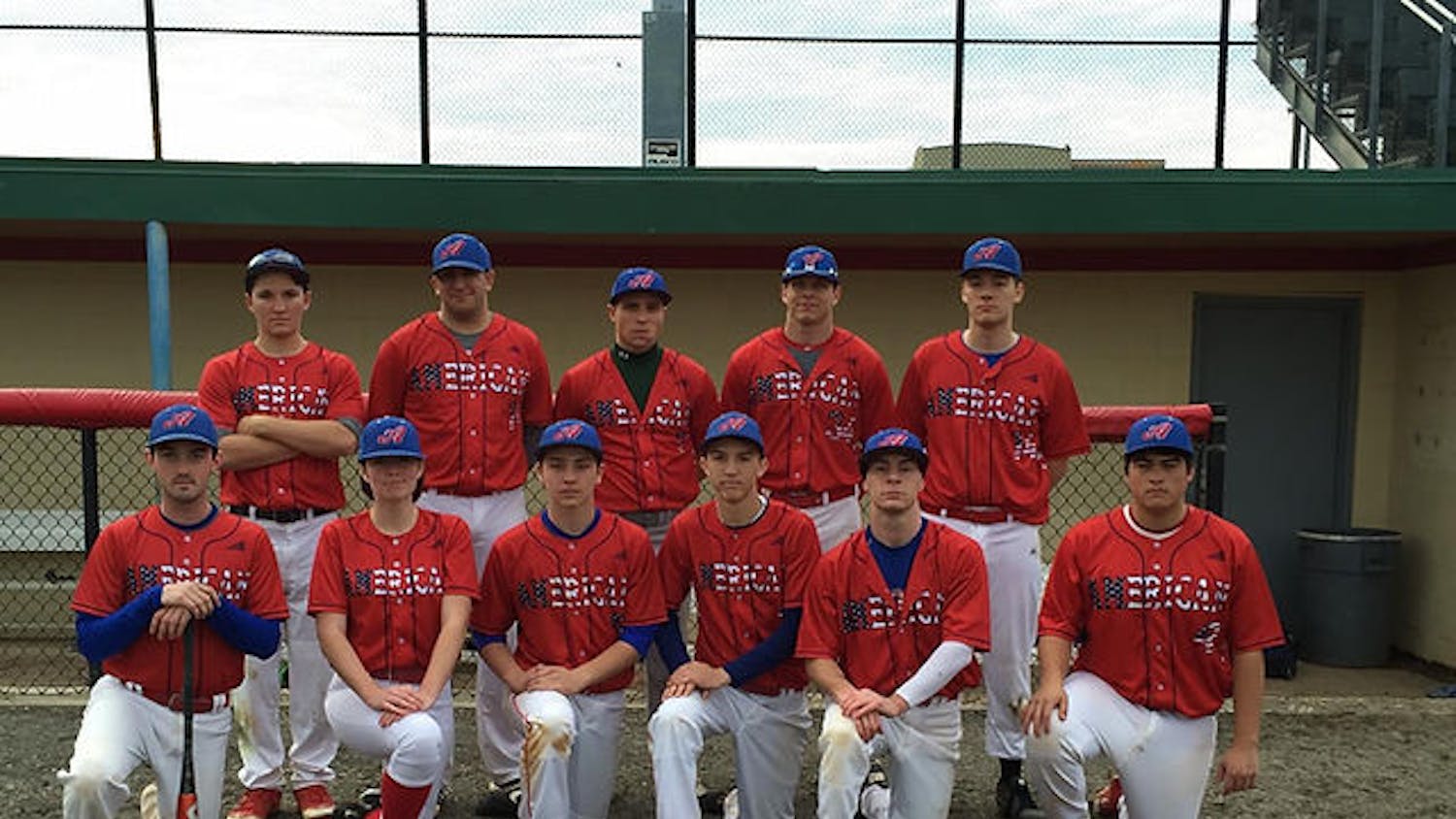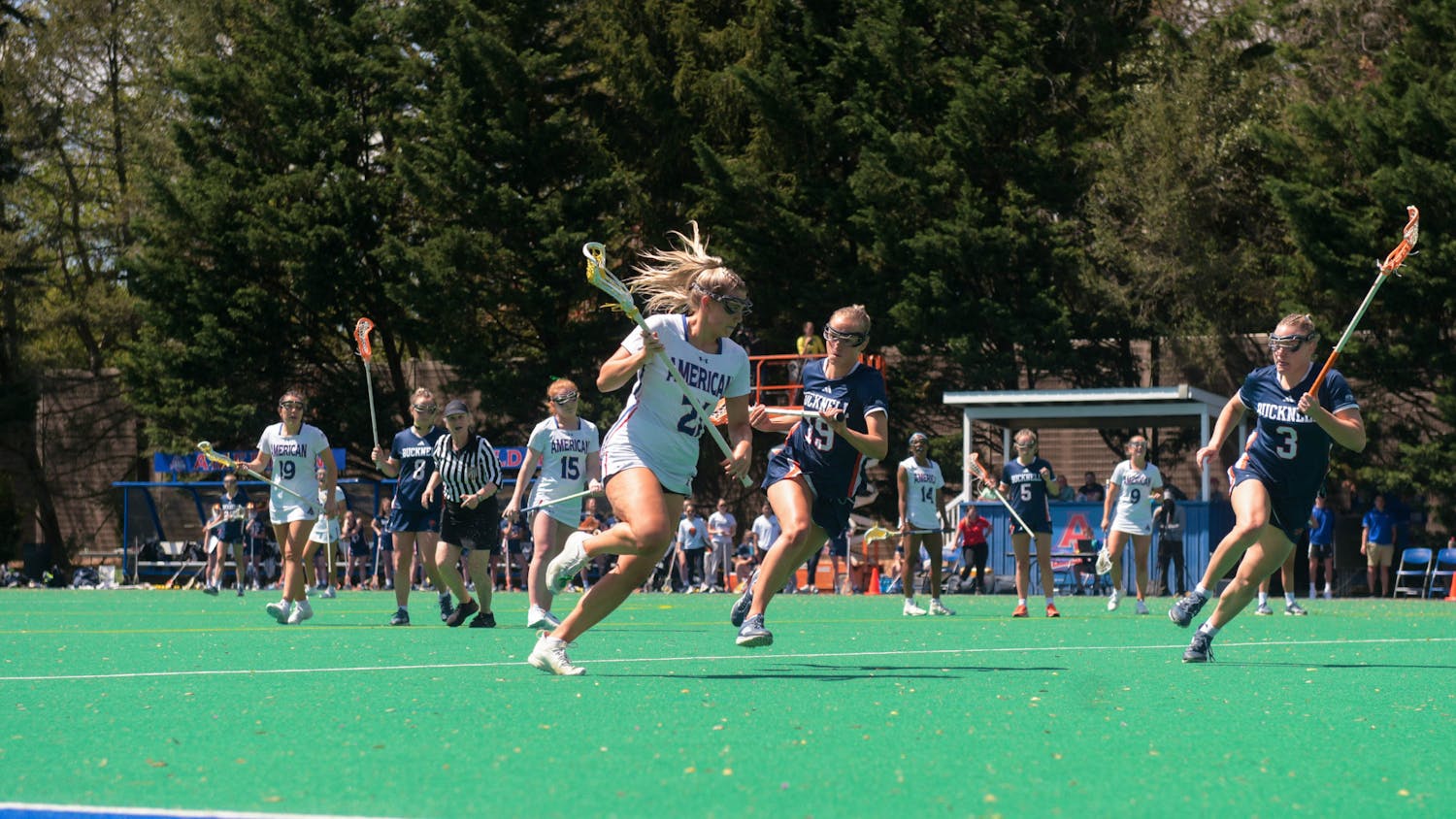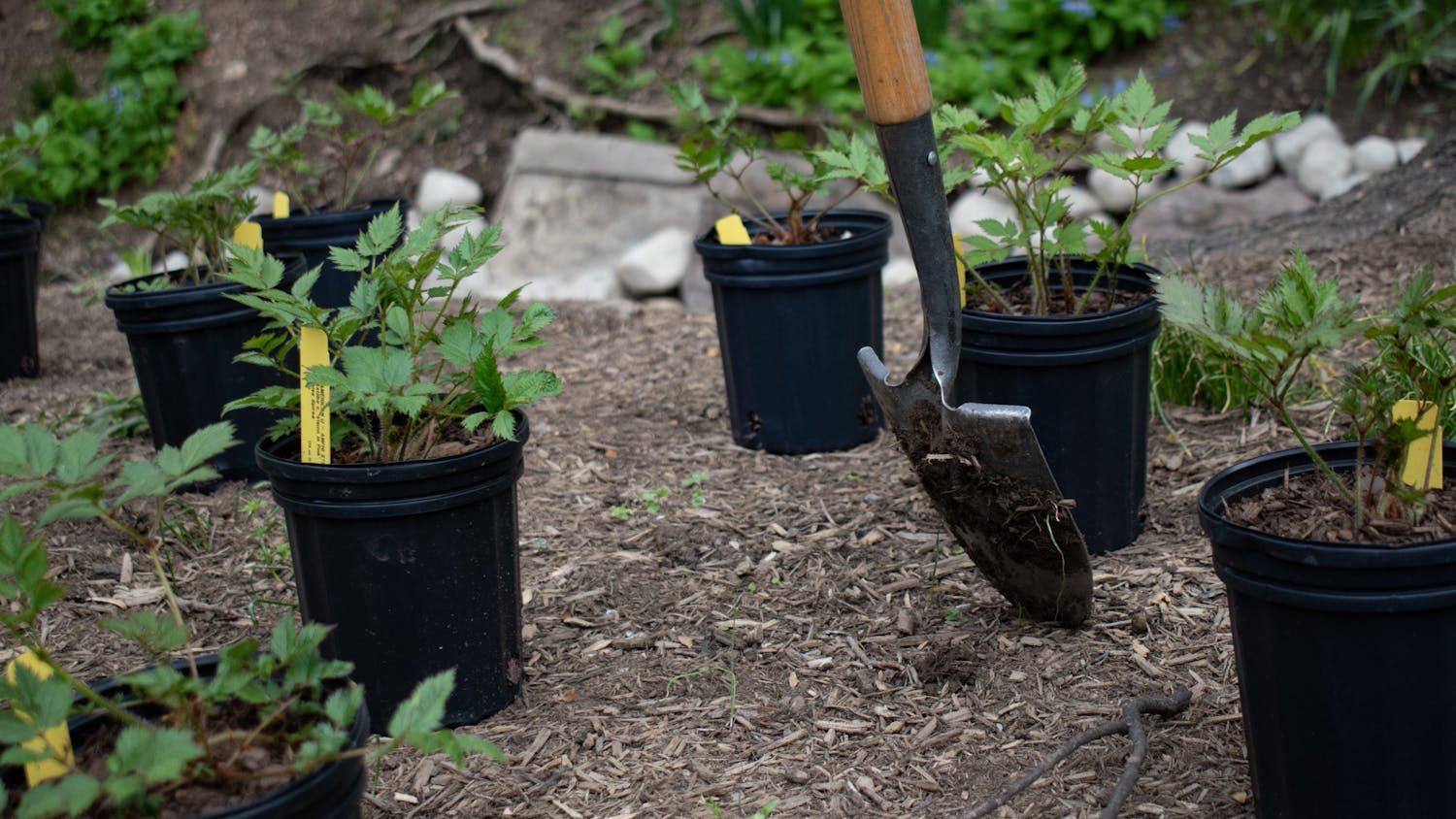If astudent is showing signs of distress or struggle, AU has a system called the Care Network in place for others to reporting troubling behavior. But some students who have used the system said they were left unsatisfied by the results.
The Office of the Dean of Students facilitates the Care Network. The network is an online portal where faculty, staff and students can submit online reports if they recognize “behavior that interferes with university or university-sponsored activities such as classroom-related activities, studying, teaching” and more, according to the network’s website.
“The reason that the Care Network was developed was that the University did not have a way of effectively understanding a concern for a student,” said Traci Callandrillo, the Assistant Vice President of Campus Life and Interim Dean of Students.
The network, a collaboration across several university departments, began in the 2008-2009 academic year, receiving around 400 reports. This past academic year, the Dean of Students office received almost 3,400 reports through the network, Calandrillo said.
“Mental health has been a part of the conversation since the mid-’90s … and it is absolutely at the heart of what we do with the Care Network,” Callandrillo, who until recently served as director of the Counseling Center, said.
However, since different departments like the health center and counseling center work with the Care Network, there are different confidentiality requirements for each case. That means those who submit a report may not receive any updates on the situation they reported, or they may receive only a small portion of the information.
“We protect the person’s privacy while also trying to communicate with the person who submits the care report,” Callandrillo said.
Two students, seniors Samantha Smith and Sarah Gelin, submitted reports on the same incident and found that they struggled with using the network.
“I spent 30 minutes writing out all of the information but the page wouldn’t go through and then I did it again but then I never heard back until I emailed the Dean of Students and head of Public Safety,” Smith said, referring to the AU Police Department.
She was told by the Dean of Students office that an investigation had been opened, but was never updated about the completion of the investigation or given any further information.
“It wasn't easy to find, it wasn't easy to submit and there was no follow-up,” Smith said.
Gelin found it difficult to complete the report because of required boxes concerning information such as witnesses and date of incident, which she was confused by and did not have information for.
“They should use a more blank template so that people who want to report concern about something potentially happening are able to,” Gelin said.
Callandrillo said the University has made efforts to help educate people on use of the Care Network by changing the language on the report form on a yearly basis to ensure it is accurate and helpful. Anyone who submits a report with the Care Network now receives an automated response confirming receipt of the form, she said.
In response to the complaints of Gelin and Smith, Callandrillo said they have reasonable concerns, but they ultimately comes from a lack of understanding of how the system works.
“I can’t adjust their expectations but I can control the information they’re given so that they understand the process,” Callandrillo said.





